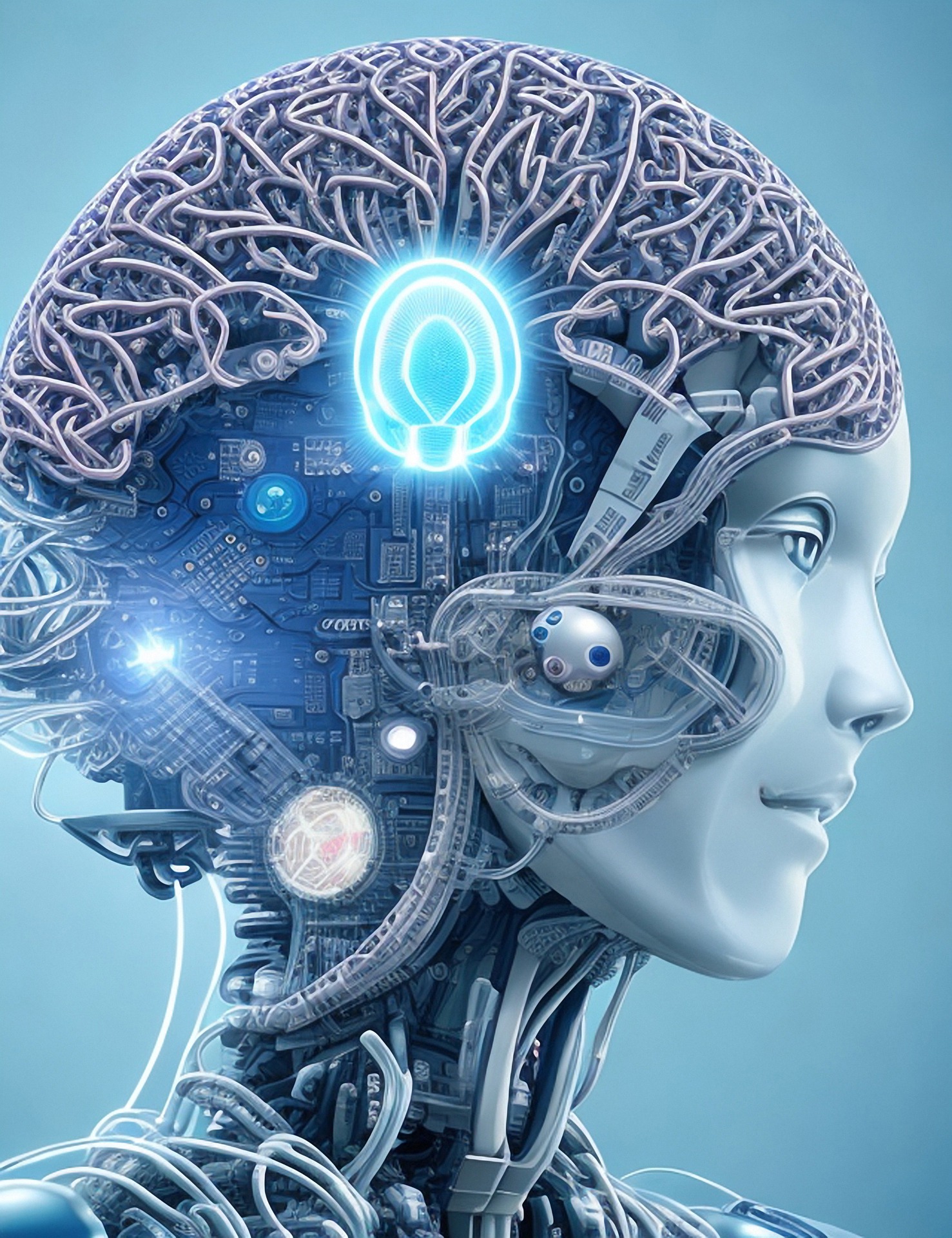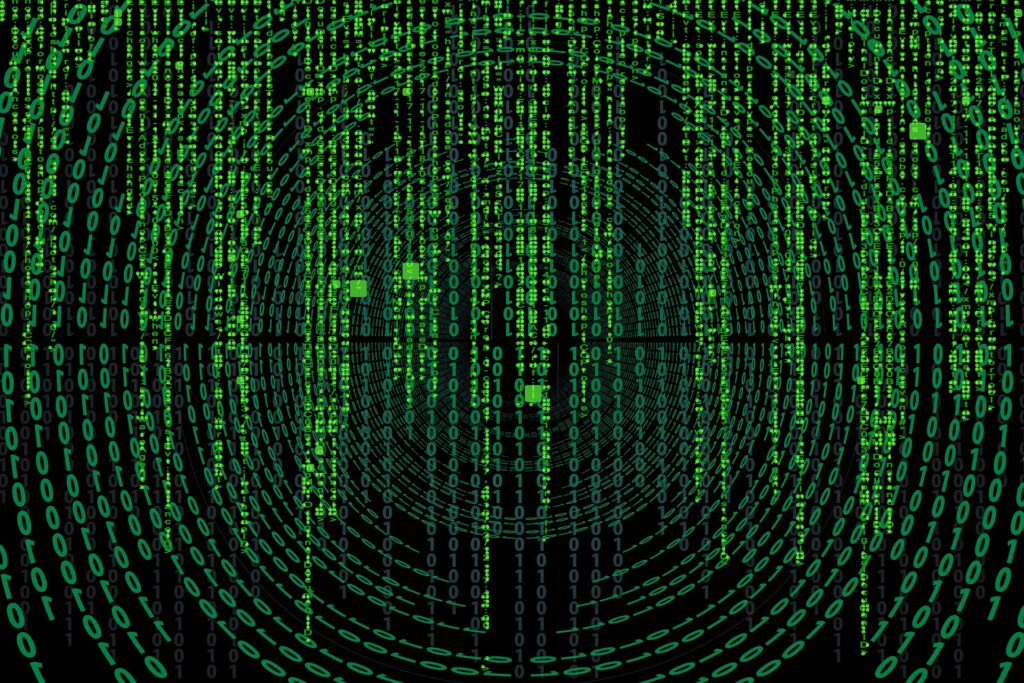In recent years, the landscape of journalism and blogging has undergone a seismic shift. The advent of AI-powered text generation tools has revolutionized content creation, making it easier and faster than ever before. However, this convenience comes with a significant caveat: the proliferation of AI-generated content is leading to a cycle where AI systems are increasingly training on their own outputs. This phenomenon raises critical questions about the future of creativity, originality, and the integrity of information on the web.
Contents
- 0.0.1 The Rise of AI-Generated Content
- 0.0.2 The Self-Training Loop
- 0.0.3 The Impact on Journalism and Blogging
- 0.0.4 Moving Forward: Balancing AI and Human Creativity
- 0.0.5 When will the AI Machines take over?
- 0.0.6 What are your thoughts on the balance between AI and human creativity in content creation?
- 0.1 Related posts:
- 1 Unveiling the Hidden Gigabytes: A Comprehensive Guide to Find Large...
- 2 Podcasting: The Sonic Revolution in the Digital Age In today's...
- 3 Uncovering Hidden Gigabytes: A Comprehensive Guide to Finding Large Files...
The Rise of AI-Generated Content
AI text generation tools, such as OpenAI’s GPT-3 and GPT-4, have become ubiquitous in the digital content space. These models are capable of producing coherent and contextually relevant text based on user prompts. While this technology has democratized content creation, it has also led to a surge in low-effort blogging and journalism. Many content creators now rely on AI to generate articles, blog posts, and even news reports, often with minimal human intervention1.
The Self-Training Loop
One of the unintended consequences of this trend is the self-training loop. AI models are typically trained on vast datasets sourced from the internet. As more content on the web becomes AI-generated, these models are increasingly learning from their own outputs. This self-referential training can lead to several issues:
- Quality Degradation: Over time, the quality of AI-generated content may degrade as models train on less diverse and less creative inputs. This can result in a homogenization of content, where originality and depth are sacrificed for convenience2.
- Echo Chambers: The self-training loop can create echo chambers, where certain ideas and styles are perpetuated without critical examination or innovation. This can stifle creativity and limit the diversity of perspectives available online3.
- Misinformation: AI models can inadvertently propagate misinformation if they are trained on inaccurate or biased content. As AI-generated texts become more prevalent, the risk of spreading false information increases4.
The Impact on Journalism and Blogging
The reliance on AI-generated content has profound implications for journalism and blogging. Traditional journalistic values, such as thorough research, critical thinking, and original reporting, are at risk of being overshadowed by the convenience of AI tools. This shift can undermine the credibility of news sources and erode public trust in the media1.
Moreover, the economic pressures faced by many media organizations have accelerated the adoption of AI. With shrinking budgets and the need for rapid content production, AI offers a cost-effective solution. However, this comes at the expense of quality and integrity3.
Moving Forward: Balancing AI and Human Creativity
To address these challenges, it is crucial to strike a balance between leveraging AI for efficiency and preserving human creativity and critical thinking. Here are some recommendations:
- Hybrid Models: Combining AI-generated content with human oversight can ensure that the final output maintains high quality and originality. Journalists and bloggers can use AI as a tool to augment their work, rather than replace it1.
- Ethical Guidelines: Establishing ethical guidelines for the use of AI in content creation can help mitigate the risks of misinformation and quality degradation. Media organizations should prioritize transparency and accountability in their use of AI3.
- Diverse Training Data: Ensuring that AI models are trained on diverse and high-quality datasets can help maintain the integrity of the generated content. This includes incorporating a wide range of sources and perspectives2.
When will the AI Machines take over?
The rise of AI-generated content presents both opportunities and challenges for journalism and blogging. While AI can enhance efficiency and accessibility, it is essential to remain vigilant about the potential pitfalls of self-training loops and the erosion of creativity. By fostering a collaborative approach between AI and human creators, we can harness the benefits of technology while preserving the core values of journalism and original content creation.
What are your thoughts on the balance between AI and human creativity in content creation?
Tell us in the comments below.

